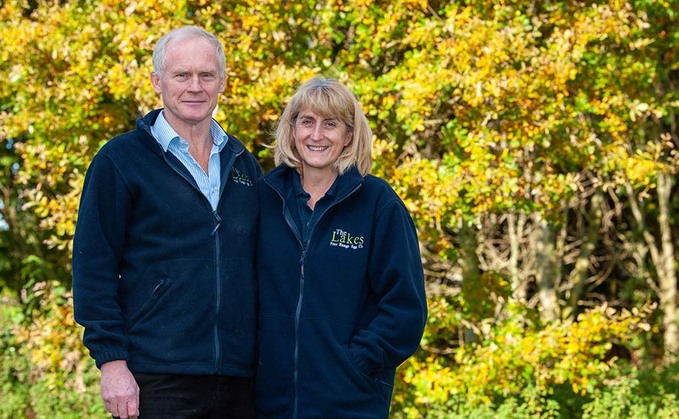
For over 30 years, David and Helen Brass have been refining their business, The Lakes Free-Range Egg company. With a passion for sustainability, they are building their brand for a future focussed on the...

For over 30 years, David and Helen Brass have been refining their business, The Lakes Free-Range Egg company. With a passion for sustainability, they are building their brand for a future focussed on the...